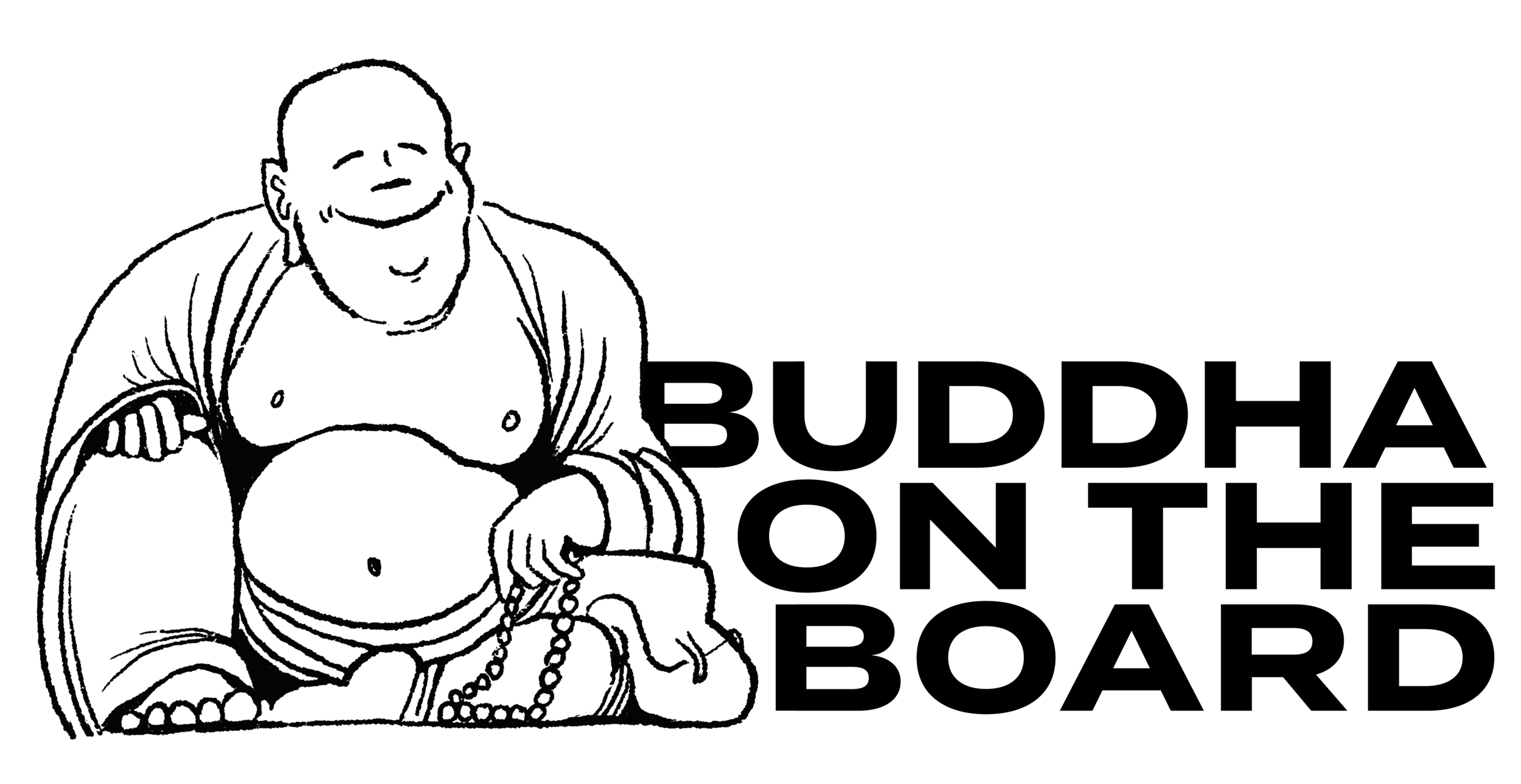How Can You Navigate Through Choppy Seas?
Design thinking.
Collaboration.
Agile.
Customer centricity.
Some of the many buzz words bandied around today.
Using jargon isn’t helpful.
“Everyone is told we’re supposed to be working in agile but nobody really knows what it means” said one client.
Jargon is confusing. It alienates. If the words fall apart when you’re talking to your grandma or your six year old, the words are failing you.
Words are important. They carry meaning. They help us connect, to explain.
Typically jargon hides something else we know and understand implicitly. We are human beings. We understand connection. We like to know why we’re doing what we’re doing. We are natural experimenters. We work well in small teams. These are true because we’re human. They have been so for as long as we’ve been so.
Buzz words make us feel big. They make us feel strong. They can bind us together. They might make us feel safe, which is important when everything feels in flux. Like now.
Trump
Brexit
Gillet jaune.
Capitalism failing the masses, as even the FT said.
Robots coming. Taking our jobs (and maybe our women).
Salaries stagnant.
Future uncertain.
The old institutions are crumbling. Things are shifting politically, economically, technologically, socially. The big old, lumbering organisations are no longer fit for purpose. Things are fragmenting. They can’t respond as we need and want them to. We expect more direct feedback and more real time response.
Our companies aren’t immune. They are simply a product of and contributor to the communities, the societies in which we live.
Big lumbering organisations offer an illusion of security. But they’re also slow, unresponsive, complicated. The way they’re organised make it difficult for employees to feel connected. Feeling connecting is a pre-requisite of feeling happy. We need to feel connected to the purpose of our work and the outcome.
Companies are shifting. They’re shifting because everything is. They’re shifting because the context in which they operate is changing. They’re exposed to an almost real time and continuous stream of data and information from their customers; customers who expect to be heard and acknowledged.
This real time flow of information creates huge challenges. Most companies are not organised for it. The ‘olden’ days of a research function sitting distinct from product and / or marketing and / or finance and / or IT is no longer fit for purpose.
Companies need to be flatter. They need to be organised around more autonomous, iterative, responsive, real time, small, empowered teams. The jargon says ‘agile’. I call it ‘nature’.
What’s more, these teams need to be plugged directly into the minds, and hearts, of the customer. Customers behave emotionally. They behave irrationally. Their needs can be anticipated, heard, managed - but they need to be understood. In depth. In real time. All the time.
Are you organised around this?
Some companies are.
Take ANZ, the Australian bank. They are someway through a transformation which has seen 9,000 of their 13,000 HQ employees morph into ‘agile’ teams. That’s 9,000 people who re-applied for new jobs in small teams, empowered, working somewhat autonomously in service of clearly identified objectives. Nimble components of a bigger whole.
Key to these new ways of working was a new organisational mindset, New Ways Of Working, they call it. Be curious; speak simply/clearly; empower others, empathy is good; grow people selflessly. These are all admirable, good human qualities. They’re describing a good person.
ANZ looked to the future and saw uncertainty. They didn’t freeze. They led. They looked around, learned from those who’ve ventured before them and made a change.
In their case, the pioneers who blazed the trail were Spotify.
They had no mega transformation to deal with. No firing and re-hiring 9,000 people in new roles, smaller teams. They grew up this way; responsible, adaptive, nimble, focused, confident, iterative.
You might call it agile. They call it Scandinavian.
Amazon too. They’re trail blazers too. They see a future and are creating it. Yes, the focus on teams, they embed characteristics like adaptability, responsiveness, ‘agile’ teams, but they are also relentlessly focused on the customer. It was Bezos’s big call 20 years ago which, as it turned out, paid back big.
Turns out if you do develop around the customer, know them work for them, anticipate and shape their needs, you have the anchor around which commercial success can spin. It can be the anchor which fixes as you move forward into an uncertain world.
